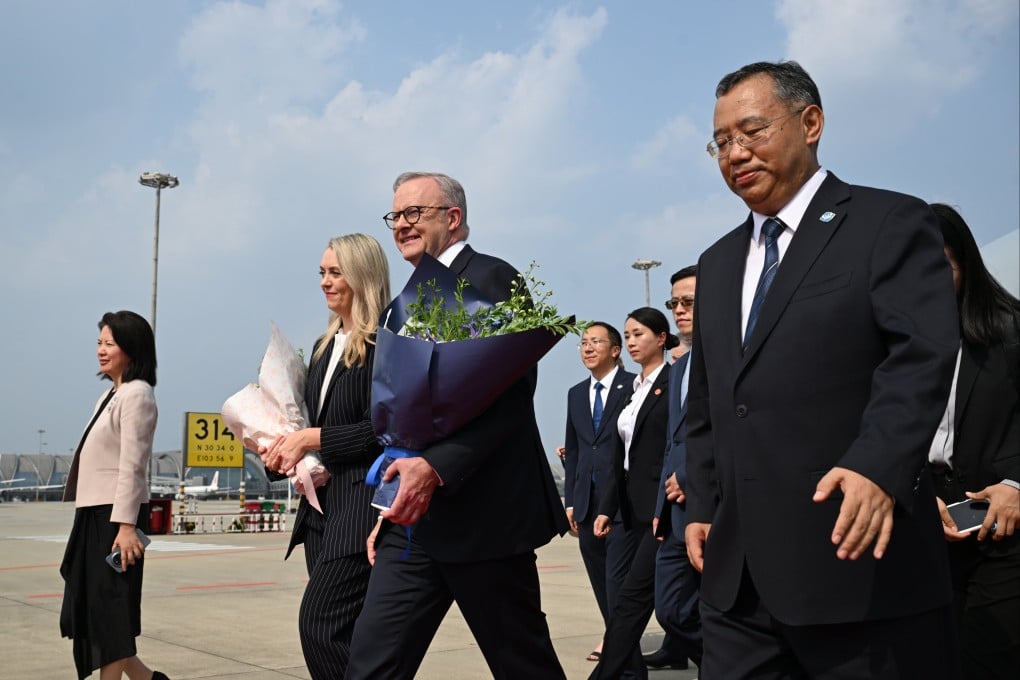Opinion | Australia should continue engaging with China on its own terms
Albanese must convince more Australians to accept that Canberra’s alliance with the US is important but not the defining feature of its foreign policy

Bilateral ties had previously been marred by bitter trade disputes and mutual recriminations, which have improved since Albanese took office in 2022. While Albanese’s visit was a continuation of his efforts to strengthen ties with China and secure economic gains, it came amid growing geopolitical unease.
The Aukus agreement between Australia, the United Kingdom and the United States is considered a central pillar of Australia’s long-term security architecture. However, doubts about the fate of the pact – under which the US was to sell Australia at least three nuclear-powered submarines – emerged after Trump’s election, given the views of members of his administration, such as Elbridge Colby, undersecretary of defence for policy. Last month, it became clear that the Trump administration had launched a review of the agreement.
.jpg?itok=Is0OgLiS&v=1752820139)
